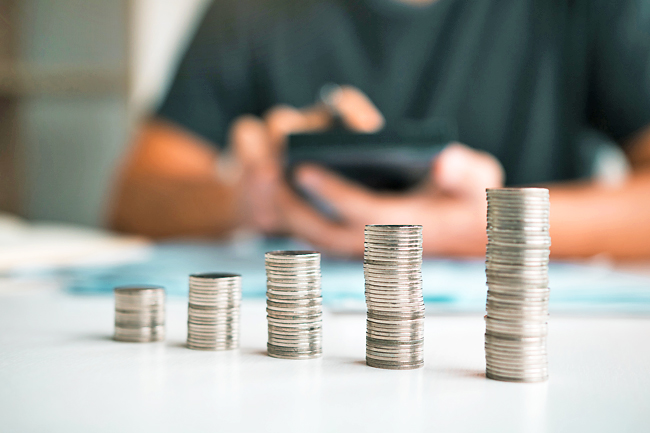Inflation has become a hot topic in recent months, with the issue dominating news headlines and casual conversations. So I wasn’t too surprised to see the issue being brought up during the daily press conference on COVID-19. The finance authority in turn called on the public to be prudent and watch their spending as the government has already done all they can by means of subsidies.
Admittedly, the rising cost of living is worrying. Imagine a mother of six, juggling between work and family responsibilities. Imagine knowing that basic food items have been heavily subsidised, yet struggling to find time to put together a meal with these ingredients and having to resort to a higher-cost ready-to-eat option.
But I have to side with the authority – that it is high time for us to manage our finances better. Price hikes are everywhere, and the current throw-away society is hardly sustainable, especially given that wages in certain industries have stayed stagnant for years, made worse by the COVID-19 pandemic.
As much as the public wants to see increased subsidy to weather the inflation storm, it is merely a band aid solution. Simply put, we live in a society that doesn’t give back to the society. We look to the government for hand-outs, to right the wrong when trouble rears its ugly head, to battle the inflation that isn’t limited to our country.
We need a wider, more sustainable safety net.

Perhaps it is time to consider introducing income tax. It is contentious, sure; but we have long enjoyed making and spending money, and handing out the occasional donation to the needy. It is a fine model for as long as good times are guaranteed.
However, we are living in a time of rampant global inflation. Countries are turning to protectionism to ensure food security. As an import-heavy country, we are vulnerable to the rising cost of consumable goods from elsewhere.
If income tax paved the way for better services, such as public transport, it may well be a small price to pay to ensure a host of long-term benefits. It doesn’t take away inflation, but it allows public funding to go where it is most needed for the good of the society at large. It is a well-known fact that the 80’s were the golden age; the wages now are anaemic for the vast majority in comparison.
People with a BND400 monthly earning are most likely caught between a rock and a hard place, unless they are from the upper echelon. A car is near mandatory to get them to the workplace. Thus, should we have a more dependable public transport, they would not be pressured into getting a car that can ill afford.
With the world still reeling from the pandemic, we are now faced with a new crisis – in the form of inflation. It is time to rethink our way of life and carve out a more sustainable future.
The Conversationalist






